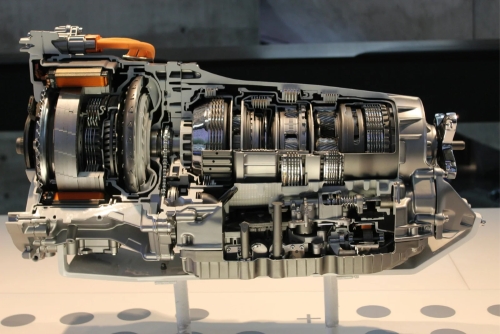Caliber Enterprise is a leading Fasteners Manufacturers in India. In the world of engineering and construction, fasteners are critical components that hold structures together, ensuring stability, safety, and durability. However, in extreme environments—where factors like moisture, salt, chemicals, and high temperatures come into play—standard fasteners can quickly succumb to corrosion, leading to potential structural failures.
Why Corrosion Resistance MattersCorrosion is a natural process that occurs when materials, particularly metals, react with their environment, leading to degradation. In fasteners, corrosion can cause a loss of strength, leading to structural failures or the need for frequent replacements. This is particularly concerning in extreme environments such as coastal areas, chemical processing plants, and high-temperature settings.
Materials Used in Corrosion-Resistant FastenersThe effectiveness of a corrosion-resistant fastener largely depends on the materials used in its manufacture. Here are some of the most common materials known for their corrosion resistance:
Stainless Steel: Stainless steel is one of the most popular materials for corrosion-resistant fasteners. It contains chromium, which forms a passive layer of chromium oxide on the surface, preventing further oxidation. Stainless steel fasteners are ideal for environments exposed to moisture, salt, and other corrosive elements. Grades like 304 and 316 stainless steel are commonly used, with 316 offering higher corrosion resistance due to its molybdenum content.
Titanium: Titanium fasteners are known for their exceptional corrosion resistance, especially in saltwater and acidic environments. Although more expensive than stainless steel, titanium is lightweight, strong, and offers unparalleled resistance to corrosion, making it suitable for aerospace, marine, and chemical processing applications.
Nickel Alloys: Nickel alloys, such as Inconel and Monel, provide excellent resistance to corrosion in highly acidic and alkaline environments. Nickel alloys fasteners are often used in chemical plants, oil and gas industries, and high-temperature applications where both corrosion resistance and strength are required.
Coated Fasteners: In some cases, fasteners made from standard materials like carbon steel are coated fasteners with protective layers to enhance their corrosion resistance. Common coatings include zinc, hot-dip galvanizing, and phosphate. While not as durable as stainless steel or titanium, coated fasteners are a cost-effective solution for less extreme environments.
Choosing the Right Fasteners Manufacturers in IndiaWhen sourcing corrosion-resistant fasteners, it is crucial to partner with experienced and reputable Fasteners Manufacturers in India. Indian manufacturers are known for their expertise in producing high-quality fasteners that meet international standards. They offer a wide range of materials and coatings tailored to specific environmental conditions, ensuring that the fasteners you choose are up to the task.
In addition to quality, Fasteners Suppliers in India provide competitive pricing, timely delivery, and technical support, making them a reliable choice for businesses across the globe. By working with a trusted supplier, you can ensure that your projects are equipped with fasteners that offer superior performance, even in the most challenging environments.
Corrosion-resistant fasteners play a vital role in ensuring the safety and longevity of structures exposed to extreme environments. Whether you are working in the marine, chemical, or aerospace industry, choosing the right materials and partnering with reliable Fasteners Suppliers in India can make all the difference. With the right fasteners, you can protect your investments, reduce maintenance costs, and ensure the continued success of your projects.












